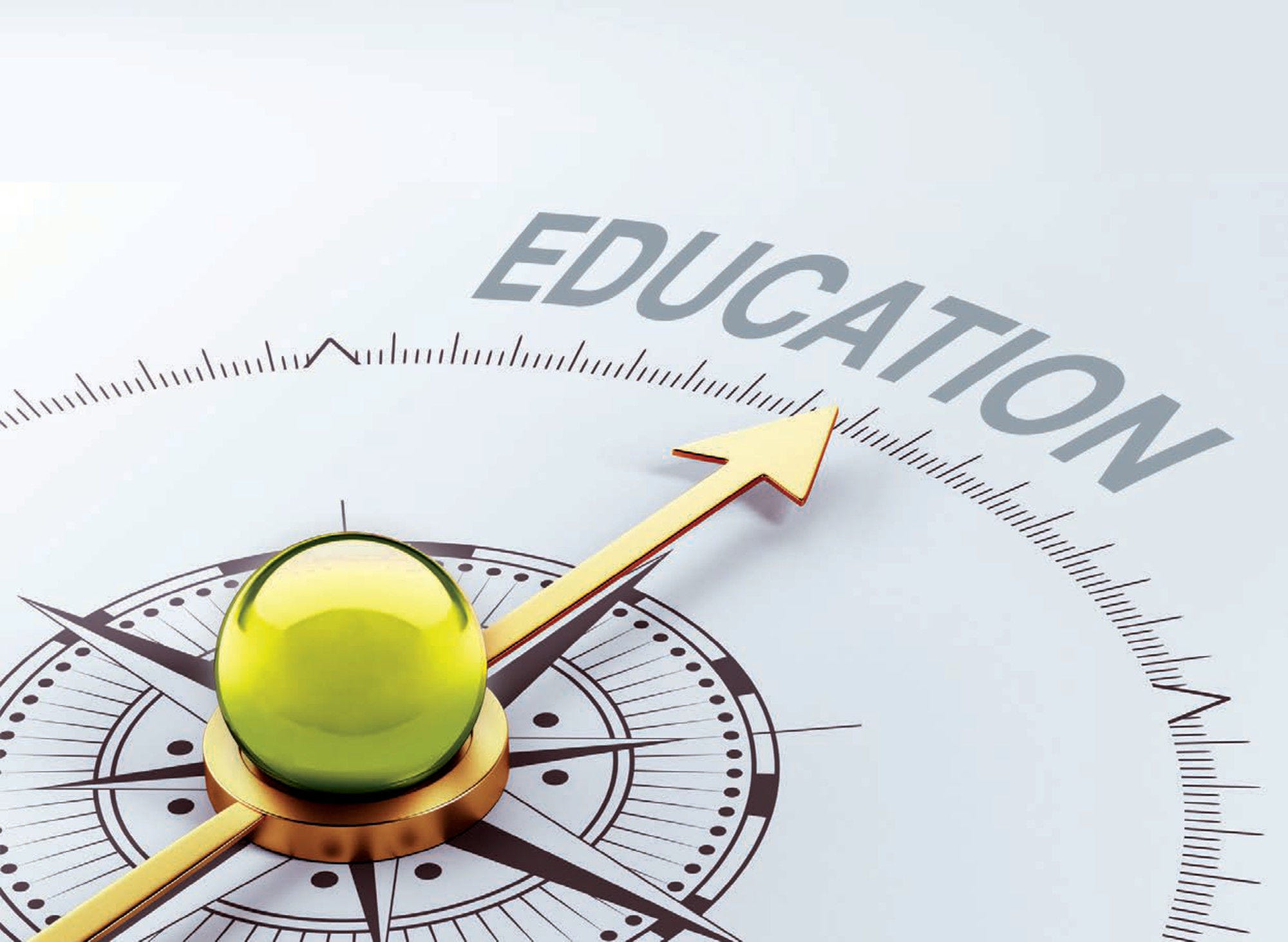With Vision 2030, Saudi Arabia has committed to an ambitious cross-sectoral reform agenda. The education system is at the forefront of the country’s effort to diversify its economy. Focusing on developing human capital is crucial if Saudi Arabia is to transition to a balanced and sustainable economy that is less dependent on fossil fuels and public sector employment.
While impressive progress has been made in achieving universal education access, significant additional improvements will be required if Saudi Arabia is to achieve its aim of developing a high-quality education system. Results from international assessments show that there is still room for progress, and an emphasis must now be placed on learning outcomes.
Saudi Arabia has already committed to implementing important education reforms to help raise learning outcomes. A new school evaluation system that focuses on student learning has been introduced, a teacher career path based on performance has been developed, and the curriculum and methods of assessment have been revised. There has also been a strong focus on early learning to ensure that all students enter school with the skills needed to excel.
Focused on the assessment and evaluation system for schools, this review offers recommendations to help Saudi Arabia capitalise on the positive practices and policies that are being put in place. This review considers the local context and draws upon international evidence, policy lessons and practical examples to guide reform efforts. It encourages Saudi Arabia to put student learning at the heart of evaluation and assessment. This means that student assessments, teacher appraisals and both school and system evaluations will all contribute to the ultimate goal of helping students learn.
Above all, we hope that the recommendations in this report will be a useful resource for Saudi Arabia as it implements the reforms needed to develop a coherent evaluation framework and achieve the aspirations of Vision 2030.
